Critical Care
The Department of Critical Care Medicine provides 24 X 7 comprehensive solution for all patients who suffer from life-threatening illnesses. The department functions as a full fledged multi disciplinary ICU. The unit is equipped to handle any form of medical need that require multiple life support devices and standard treatment protocols.
Our dedicated team of well trained and qualified healthcare professionals work together to provide inter- disciplinary medical care based on an optimal, affordable and evidence-based approach. The unit provides round the clock coverage of highly qualified and trained Intensivists/Critical Care physicians. They are capable of providing advanced life saving treatments to all type of critically ill patients. They associate with all the super speciality doctors and ensure that world class treatment is being provided to the patients. They are assisted by Junior resident doctors for ensuring continuous care. Hence a well coordinated care by doctors is made available to the critically ill patients. Highest standard of care is offered in other aspects of critical care. Nursing care is provided by qualified nurses with experience in ICU care and BLS/ACLS certification. Nurse patient ratio is tailored to achieve 1:1 ratio for the most critically ill patients. Services of physiotherapy, nutrition, infection control, biomedical and clinical pharmacy departments are available round the clock in the ICU. Thus it achieves highest level of supportive care for the patients. In short, the department of Critical Care Medicine make sure that all critically ill patients are been provided with the best level of care round the clock , as one of the best and most affordable facility in the region.
Facilities & Services
- Stroke Management:
- Mechanical Thrombectomy: Removal of blood clots from blocked arteries in the brain, especially for ischemic stroke patients.
- Thrombolysis: Direct delivery of clot-busting medication to the site of the stroke.
- Aneurysm Repair:
- Coiling and Stenting: Minimally invasive techniques to treat brain aneurysms, where coils or stents are used to reinforce weakened blood vessels and prevent rupture.
- Arteriovenous Malformations (AVMs):
- Treatment of abnormal tangles of blood vessels using embolization to reduce or eliminate the risk of bleeding.
- Cerebral Angiography:
- Advanced imaging technique to visualize blood vessels in the brain and diagnose blockages, malformations, or aneurysms.
- Carotid Artery Stenting:
- Placement of stents in the carotid arteries to prevent strokes by treating stenosis (narrowing of the artery).
- Spinal Interventions:
- Treatment of spinal vascular abnormalities or compression fractures using minimally invasive techniques like embolization and vertebroplasty.
- Venous Sinus Thrombosis:
- Treatment of blood clots in the brain’s venous system using mechanical thrombectomy or stenting.
- Tumor Embolization:
- Preoperative or palliative embolization to reduce blood flow to brain tumors, reducing surgical risks or providing symptom relief.
- Stroke Interventions: 24/7 stroke management services, including both ischemic and hemorrhagic stroke care.
- Aneurysm and AVM Treatment: Expertise in treating complex aneurysms and AVMs using minimally invasive approaches.
- Comprehensive Diagnostic Imaging: Advanced imaging techniques such as CT angiography, MR angiography, and digital subtraction angiography (DSA) to evaluate neurological conditions.
- Carotid and Intracranial Stenting: For patients at high risk of stroke due to arterial narrowing.
- Vascular Malformation Embolization: For both cranial and spinal abnormalities.
- Tumor Embolization: Pre-surgical embolization to reduce blood flow to brain tumors.
Service Recipient Says

Oxmox advised her not to do so, because there were thousands of bad Commas, wild Question Marks and devious.
Kolis Muller NY Citizen
Oxmox advised her not to do so, because there were thousands of bad Commas, wild Question Marks and devious.
Kolis Muller NY Citizen






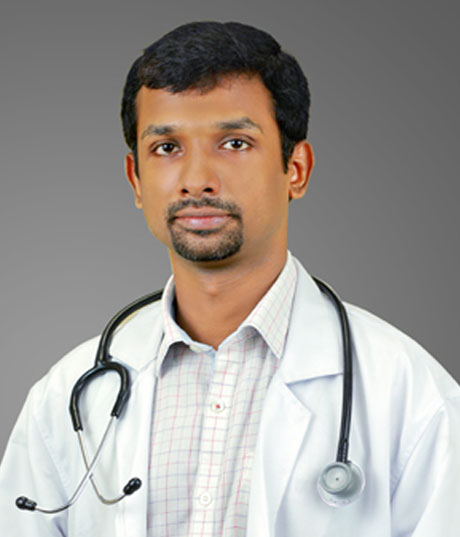
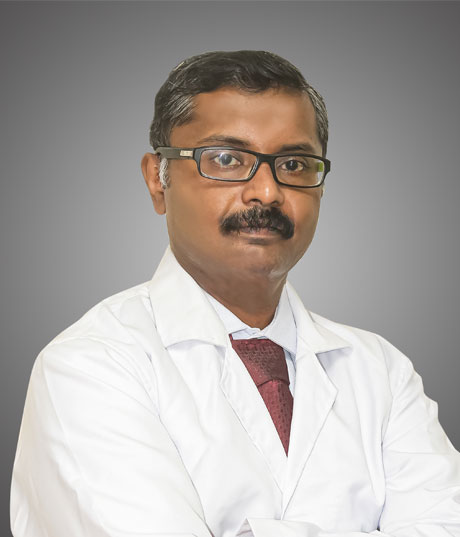
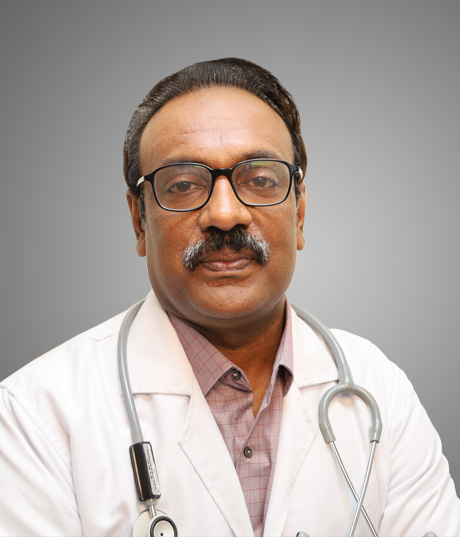
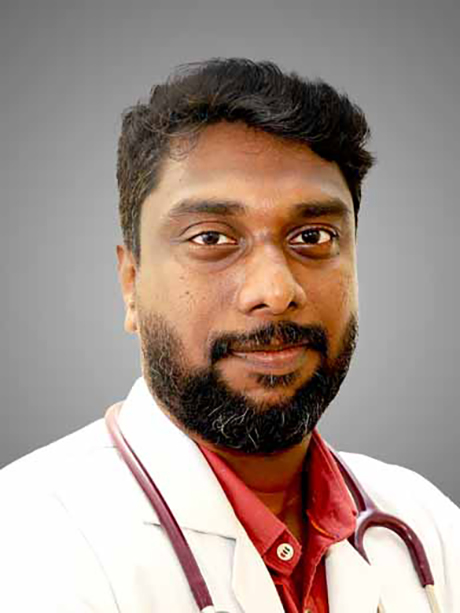
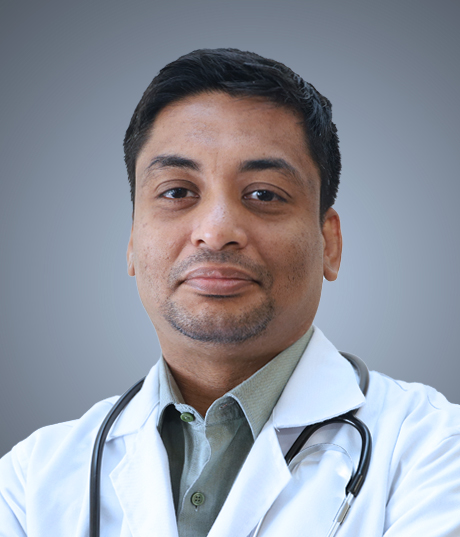





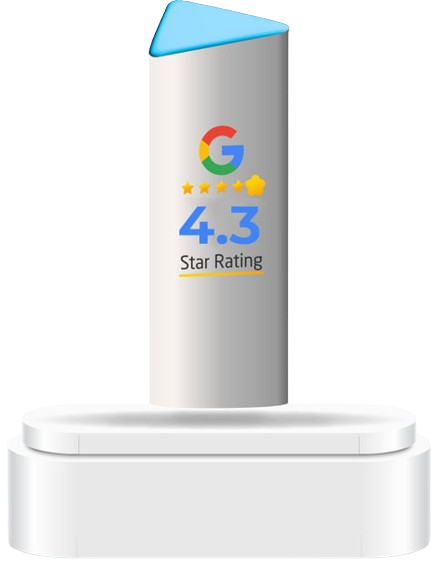

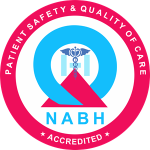
Oxmox advised her not to do so, because there were thousands of bad Commas, wild Question Marks and devious.
Kolis Muller NY Citizen